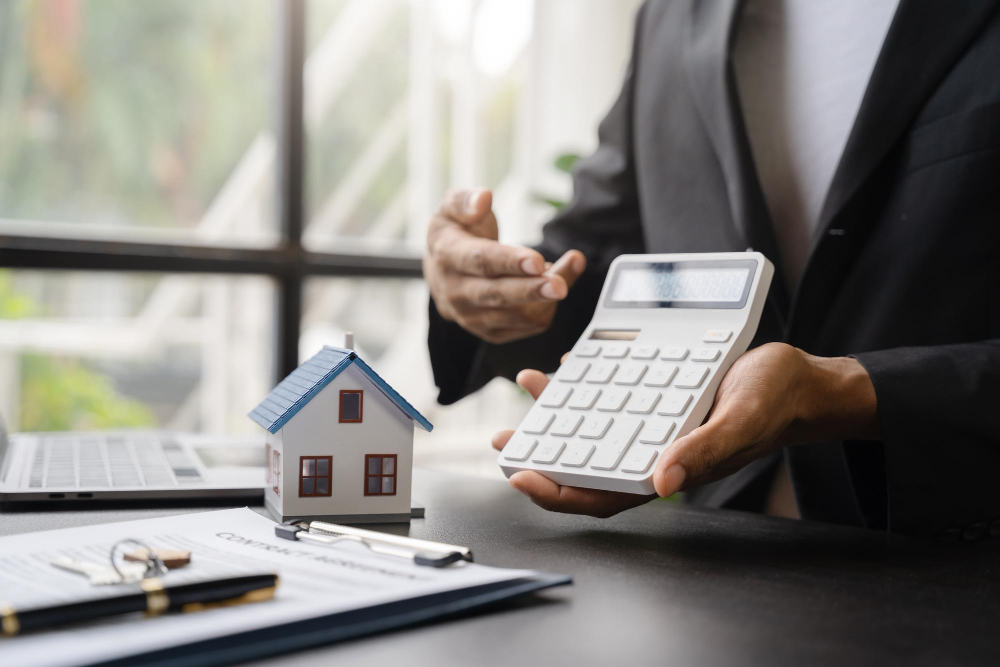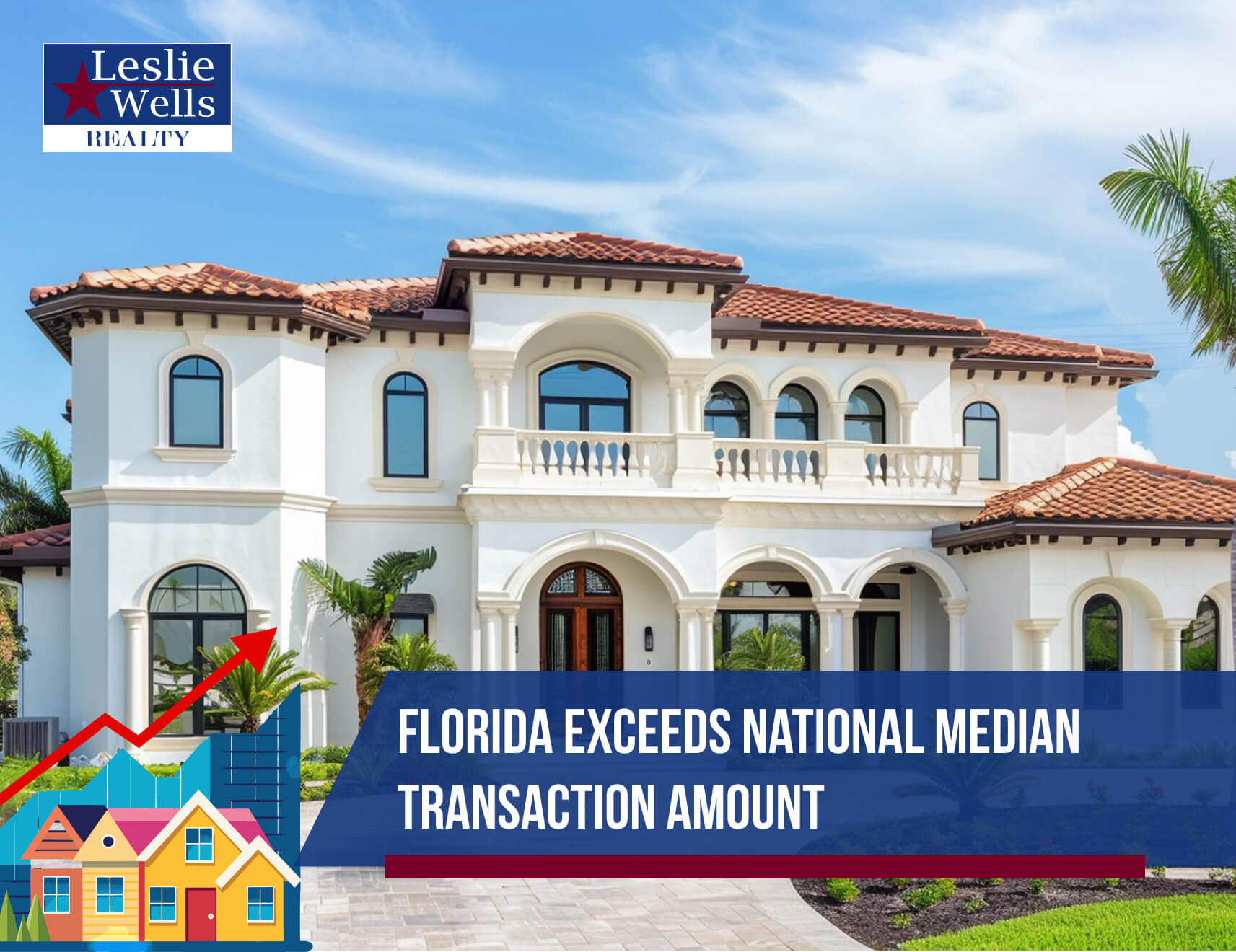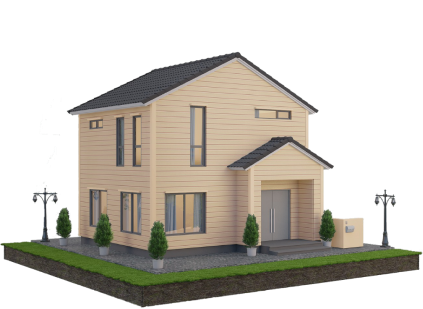If you’re a homeowner, you’ve likely taken great care of your home over the years, both for your enjoyment and to boost its resale value. Now that you’re preparing to sell your home, it’s understandable to want to be fairly compensated for your hard work. However, avoiding letting sentimental attachment to the property influence your asking price is essential. To ensure a successful sale, it’s best to approach the process with a clear and objective mindset.
Kimberly Jay, a Compass in New York City broker, suggests sellers may overprice their homes due to positive memories and sentimental value. She advises against pricing personal experiences into the listing price, as buyers do not share the same emotional attachment to the property. While memories can be taken with you, it is important to price the home fairly for potential buyers.
It’s important to note that even if you’ve improved your home, it may not increase in value as much as anticipated. According to Dorothy Schrager, a broker at Coldwell Banker Warburg in New York, sellers often value their homes more highly than they’re actually worth, due to their emotional attachment after living there for years.
Each person has unique preferences, and potential buyers may not place the same importance on certain features. Therefore, adopting a more objective perspective when selling your home is crucial. Consider it as an asset rather than a personal space and remove any emotional attachment. As Schrager advises, it is a business transaction and must be treated as such. Overpricing your home can lead to various risks that should be avoided.
It May Languish on the Market
Patrick Garrett, the broker/owner of H & H Realty in Trussville, AL, cautions that pricing a home too high can lead to it remaining on the market longer than necessary before receiving an offer. While you may believe that you know the true value of your home and are willing to hold out for the perfect buyer, this is not typically how the real estate market operates.
Vickey Barron, a realtor at Compass in New York, NY, suggests that the best time to sell a home is when it is newly listed on the market. She advises against overpricing the home as it could discourage potential buyers from attending the important initial showings. Barron believes that there is never a demand for overpriced homes.
According to real estate agent Jane Katz from Coldwell Banker Warburg in New York, NY, it’s not a good idea to overprice or set an aspirational price for a property.
She advises that during the initial listing period, which is like a honeymoon phase for the property, all eyes are on it and it garners the most attention and excitement. Therefore, it’s important not to miss out on this opportunity by pricing it too high.
It's a Waste of Time
One more reason to avoid raising the price of your house is that it’s usually a waste of time and resources for both the listing agent and the home seller. According to Garrett, selling a house takes a lot of preparation work, such as marketing, holding open houses and showings, and keeping the house immaculately clean while leaving for potential buyers. However, all of these efforts will be in vain if no one is genuinely interested in buying the property.
According to Christy Walker, broker/owner at RE/MAX Signature in Phoenix, AZ, there is a common industry joke where sellers view their homes as million-dollar mansions, appraisers view them as upper middle class, and buyers view them as fixer-uppers. The perspective of each party greatly impacts the buyer’s willingness to pay, and with interest rates on the rise, most buyers are becoming savvy enough to compete for homes that are worth their value. However, they are also likely to pass on overpriced homes just because sellers believe they can obtain top dollar in the current market.
You’ll Lose Potential Buyers
It’s important to avoid overpricing your home as it may deter potential buyers from even considering it. According to Walker, it’s only advisable to price your home on the higher end if you’re willing to wait patiently for it to sell, even in a strong seller’s market. Additionally, the home should be in immaculate condition and well-staged. However, this tactic is only appropriate when there’s minimal direct competition or when the home is quite unique.
Walker acknowledges that setting a high price may result in fewer potential buyers. This is because those who are searching for homes within a certain price range may not even come across the listing, as it falls outside of their specified budget.
Furthermore, according to Walker, setting a high price for a home may deter potential buyers who are qualified and capable of purchasing the property, as it exceeds their budget. Additionally, some buyers may assume that a bidding war will occur in a multiple-offer situation and therefore opt out of the process if the home is already at the upper limit of their price range.
You might believe that setting a high price for your house and then negotiating it down is a good idea. However, this strategy may not always work. Katz explains that if the price you ask for and the buyer’s offer are significantly different, the buyer may not even consider making an offer.
The Appraisal Won’t Back You Up
Imagine if you listed your home at a higher price than its actual value and a buyer comes along with an offer. While this may seem like good news, it’s important to be aware that the property may not appraise at the listed value, as cautioned by Garrett. For instance, if you asked for $500,000 but the appraisal only values the home at $450,000, the buyer’s lender will only loan them $450,000. This means that the buyer will need to provide the additional $50,000 on their own.
According to Sarah Alvarez, who is the regional vice president of mortgage banking at William Raveis Mortgage in New York, NY, it is crucial to ensure that the sales price of your property aligns with comparable properties in the neighborhood that have already been sold and closed. This is important for your mortgage perspective.
It’s important to remember that just because your neighbor lists their home at a high price, it doesn’t automatically increase the value of your own home overnight. Real estate expert Alvarez suggests waiting until your neighbor’s home has been sold and recorded to get a more accurate idea of its market value.
Selling a home is a unique process that differs from other business transactions. According to Kate Wollman-Mahan, a real estate agent at Coldwell Banker Warburg in New York City, most sellers fall victim to the Endowment Effect. This psychological bias causes them to overvalue their own home simply because it belongs to them, even if a similar home down the street would be worth less. Avoid letting this effect cloud your judgment when setting a price for your home
Buyers are Wary
When a home is priced too high, it can discourage potential buyers. However, there is another factor that can contribute to a negative perception of a property. According to Garrett, if a property remains on the market for a long time, it may be stigmatized in the eyes of buyers who assume that there is something wrong with it.
Katz agrees, adding that a listing that accumulates days on the market can also make a property appear less desirable. Despite being a great property, buyers may overlook it because they assume that nobody else wants it. Interestingly, buyers are unlikely to ask about any potential issues with the property, but will instead simply assume that something must be wrong and move on to more recent listings.
The Home May Sell for Less
In conclusion, if you price your home too high and it stays on the market for too long, it could result in a self-defeating outcome. According to Garrett, this may cause you, as the seller, to accept an offer that is less than the actual market value of the property. It’s important to note that he did not say “less than what you wanted.” Overpricing your home could ultimately lead to it being sold for less than its true market value.
In Summary: Don’t Risk It
Determining the price of your home can be a difficult decision, but it’s important to avoid letting emotions cloud your judgment. According to Bret Ceren, a realtor at Platinum Living Realty in Scottsdale, AZ, your home may have unique features that increase its value, but ultimately it is a commodity that will sell for what the market dictates. Although a skilled agent can help you secure a premium by marketing your home well and negotiating on your behalf, sentimental value and beautiful features won’t necessarily affect the final sale price.
Furthermore, today’s homebuyers are well-informed and knowledgeable about the market. Dorothy Salisbury, an agent at Coldwell Banker Warburg in New York, NY, explains that it’s crucial to price your home correctly when preparing to list it. If you do so, you’ll likely receive one or more offers. However, if you overprice your home, the market will respond with a lack of interest, causing your home to lose momentum and putting you in a precarious position. Therefore, it’s essential to get the pricing right from the beginning to maximize your chances of a successful sale.





